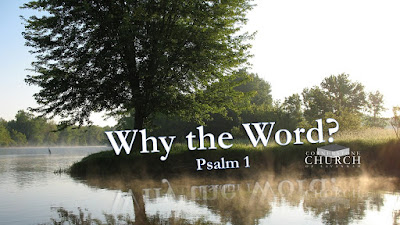Become Angry and Flee | Psalm 4:4–5
4 Be angry, and do not sin; ponder in your own hearts on your beds, and be silent. Selah 5 Offer right sacrifices, and put your trust in the Lord. Be angry! When agitated with anger, the body shakes. That is the expression David uses here—be agitated, be shaken in anger, yet without sin . Paul borrows the expression in Ephesians 4:26 in a similar way to speak about how Christians must treat their neighbors. To be properly angry, one must ponder in the evening hours. We must remember own sins. We must learn that the “fear of the Lord is hatred of evil” (Pv 8:13). Perhaps you’ve even heard that you can be righteously indignant or angry over sin (e.g., Mk 3:5), but we forget ourselves, g...

